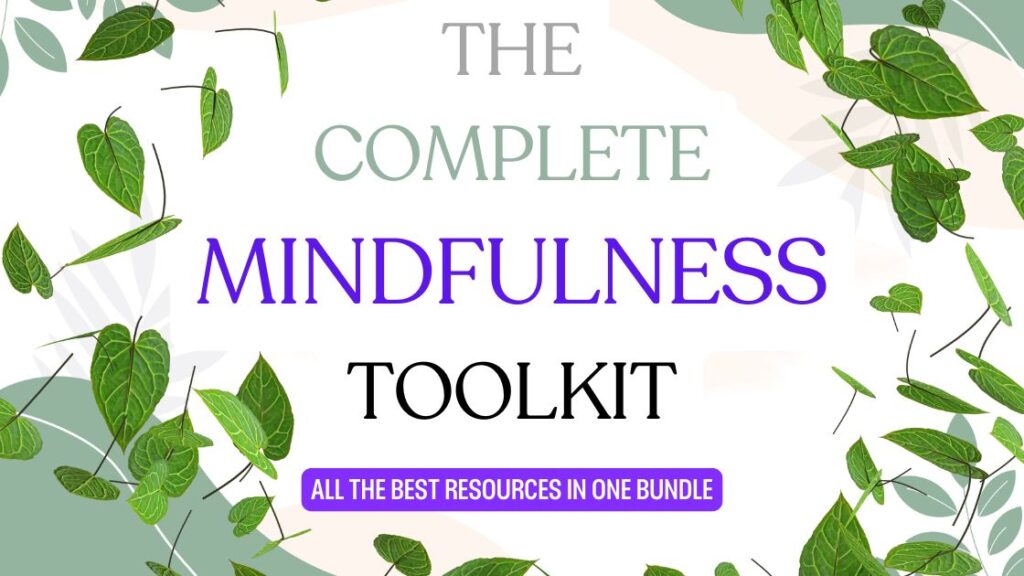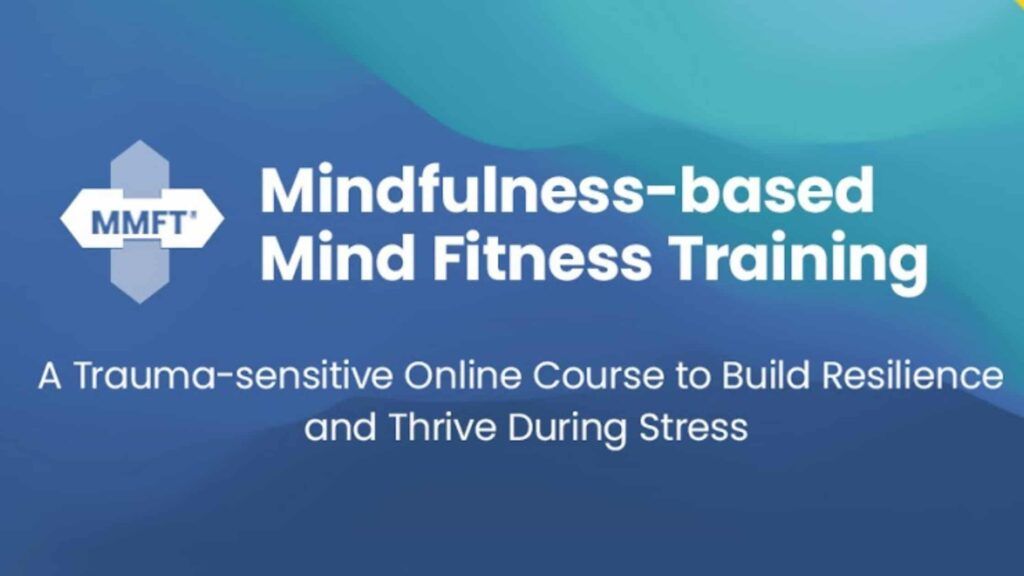When people start practicing mindfulness, a common question is, how long should I practice mindfulness? Many are unsure about the ideal length of mindfulness sessions. Some worry that short sessions won’t make a difference, while others feel that long sessions might be too much to handle. Finding the right duration is key to building a practice that works for you and fits into your daily routine.
Why Timing Matters in Mindfulness Practice
In mindfulness practice, while there is no one-size-fits-all approach, understanding how the duration of your sessions can impact your progress is key to building a practice that works for you. Let’s explore how session length, benefits, and balance all intertwine to shape a sustainable mindfulness journey.
How Length Affects Benefits
- The length of your mindfulness sessions can affect how deep your practice goes, but not always in the way you might expect.
- Short sessions, like 5 to 10 minutes, can still help reduce stress, improve focus, and help you manage your emotions.
- Longer sessions, on the other hand, may allow for a deeper sense of calm and greater self-awareness. They give your mind more time to settle and let go of distractions, which can lead to greater insight and peace.
- The benefits of both short and long sessions build up over time, helping your brain become calmer and clearer.
Finding Balance Between Commitment & Flexibility
- The key is to balance your commitment to mindfulness with enough flexibility to fit it into your life.
- Starting with short, regular sessions can help you develop the habit without feeling pressured by time.
- Flexibility is important—on busy days, even taking five mindful breaths can make a difference, while on slower days, you might enjoy a longer session.
- By finding this balance, you’ll create a mindfulness practice that fits your life and continues to benefit you over the long term.
How to Determine Your Starting Point
It’s easy to feel overwhelmed by the idea of meditating for extended periods, but in reality, mindfulness is highly adaptable. By starting small and gradually building, you can create a sustainable routine that aligns with your needs and goals.
Importance of Starting With Manageable Sessions (e.g., 5-10 Minutes)
- For beginners, shorter sessions of 5 to 10 minutes are a great way to ease into mindfulness. Even a 5-minute breath-focused meditation, done daily, can have profound effects on your mental clarity and emotional balance.
- For those with busy schedules, brief but frequent mindfulness check-ins can be the most effective way to integrate mindfulness into daily life.
- These small doses of mindfulness help lay the foundation for a deeper practice over time, without feeling like a huge time commitment right from the start.
Avoiding Burnout by Setting Realistic Expectations
- One of the biggest challenges new practitioners face is burnout from setting unrealistic expectations.
- If you aim too high initially, such as committing to 30-minute sessions from the outset, you may feel frustrated or discouraged if you can’t maintain it.
- Instead, setting achievable goals—like a 5- or 10-minute daily practice—can help you avoid burnout and gradually build a routine that feels natural.
- Remember, mindfulness is about quality, not quantity. As you become more comfortable, you can increase your session length at your own pace.
Listening to Your Body & Mind to Decide Your Ideal Duration
- Your ideal mindfulness duration is not determined by external rules but by how your body and mind respond to the practice.
- Some days, you might find that a 10-minute session is enough to feel grounded, while on others, you may need 20 or 30 minutes to reach the same level of calm.
- Pay attention to how you feel before, during, and after each session. If a practice feels rushed or forced, it may be time to shorten it.
- Conversely, if you find yourself settling deeply into the practice and craving more time, gradually extending your session can be beneficial.
Hope you’re finding this post useful!
Want to take your mindfulness practice further? I have got some fantastic tools that could be just what you need. Give them a look and see how they can benefit you!



The Importance of Consistency Over Length
When it comes to mindfulness, consistency is far more important than the length of individual sessions. While longer practices have their own benefits, the real transformation happens through regular, daily mindfulness practice.
Why Daily Mindfulness Is Better Than Occasional Long Sessions
- Whether you meditate for five minutes or fifty, establishing a consistent routine is key to reaping the long-term benefits.
- When you practice mindfulness daily, it helps you stay calm and aware throughout the day.
- Long, sporadic sessions, on the other hand, can make it harder to keep that calmness in everyday life.
- Just like working out regularly builds strength, daily mindfulness helps improve mental clarity, emotional balance, and the ability to handle stress.
How Short, Frequent Practice Changes Your Brain
- Research shows that practicing mindfulness regularly can rewire the brain, making it easier to handle stress, manage emotions, and stay focused.
- This process, called neuroplasticity, happens best with consistency.
- By practicing every day, even for just a few minutes, your brain gradually learns new patterns of presence and awareness.
- These small, frequent practices add up, leading to more noticeable changes than doing longer sessions every now and then.
Tips for Building a Mindfulness Routine That Sticks
Creating a daily mindfulness habit can be tricky, especially if you have a busy schedule. But it’s easier than you might think. Here are a few simple tips:
- Start Small: Begin with just 5 to 10 minutes each day. Short sessions are easier to commit to and less overwhelming, making it more likely you’ll stick with the routine.
- Schedule It Into Your Day: Treat mindfulness like any other important task. Whether it’s in the morning, during lunch, or before bed, find a regular time in your day for it.
- Add It to Your Daily Routine: Combine mindfulness with activities you already do, like brushing your teeth, commuting, or waiting for your coffee. These moments can add up and make mindfulness a natural part of your day.
Final Thoughts
The most important step is simply beginning. Starting with short sessions—just 5 to 10 minutes a day—can make a huge difference in your mental clarity, emotional well-being, and overall sense of peace. The key is consistency. By practicing regularly, even in small amounts, you are building a powerful habit that can transform your life.
So, take that first step today. Start small, stay consistent, and watch as mindfulness enhances your life, one moment at a time.
Ready to take your mindfulness journey to the next level?
Discover programs that can enhance your practice and boost your overall well-being.





